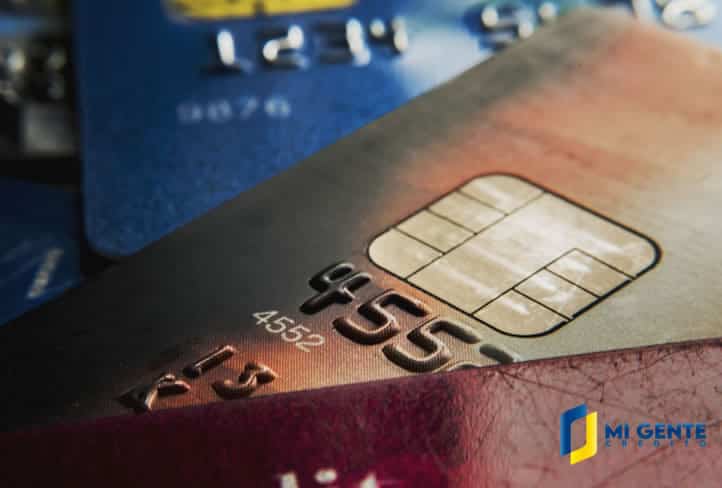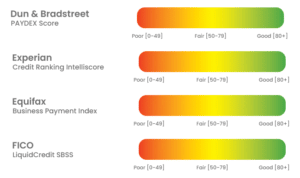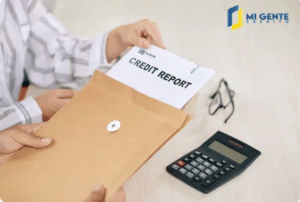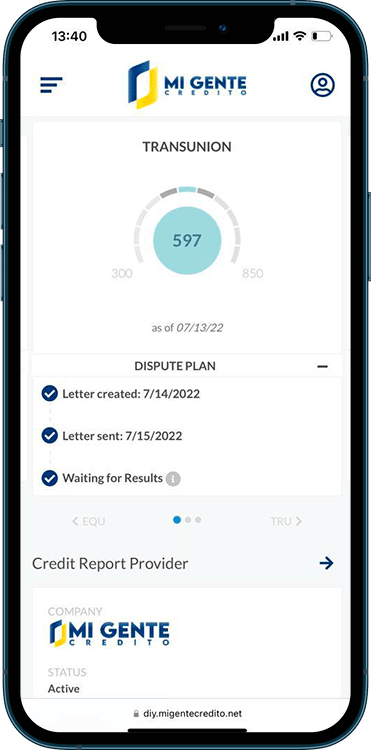Being proactive about your debt can help you avoid a charge-off and protect your current credit score. More importantly, taking control of your debt may reduce the stress you feel without a plan. By communicating with your creditors, you may be able to create a plan that informs it.
Why should you negotiate your credit card debt?
It may seem like a relief to have someone else do the work for you. But the Federal Trade Commission warns that you may not get the results you want.
Failure to communicate with your card provider and keep up with payments can result in default. If you are delinquent, your account could be moved to collections. Even if your debt is not paid off, late payments can negatively affect your credit score.
Also, keep in mind that not all creditors will work with debt settlement companies. These debt negotiators may not disclose this upfront. Many debt settlement companies are for-profit, so their primary goal is to make money off of you, not resolve your debt.
In many cases, your best option is to negotiate your own debt. By taking charge of the situation, you have a better chance of getting an outcome that actually works for you.
Types of Credit Card Debt Settlement Plans
It can be intimidating to negotiate your credit card debt, but this is a reliable path that many have been down before.
Workout Agreement
A workout agreement is a payment agreement with your creditor, usually made once your account is in default. Renegotiation agreements may include a reduction in your interest rate and/or cancellation of fees associated with default while you are in the process of paying. If you enter into a restructuring agreement, your creditor may provide you with easier payment terms, over a specified period of time to allow you to pay off your balance.
Hardship Plan
If you experience hardship due to a medical crisis or job loss, some credit card companies will enroll you in a hardship program. During the Covid-19 pandemic, many banks announced their willingness to provide hardship plans for customers affected by an abrupt change in their finances. While the word “program” makes these seem neat and clearly defined, your creditor will generally develop a program for your specific case.
Lump Sum Settlement
This is an agreement to settle a debt with a creditor for a one-time or lump sum payment. In most cases, this is the approach a debt settlement company will take. For example, if you owed $12,000, you could settle for a lump sum payment of $8,000. You can also ask to negotiate a new principal amount owed on your credit card, but in this case, fees and interest rates will still apply. Remember that creditors are under no obligation to accept less than you owe, but it never hurts to ask.
If you are settling a large debt, consult your tax professional for more information on its tax impact.
Where to Start with Credit Card Debt
Evaluate your debt
Take some time to research how much you owe on your credit card(s). Determine if your payment is late and calculate the total amount you owe.
Take note of the fees, as they can be easily negotiated if you have a history of on-time payments. You may want to write all of this down so you have it clearly in mind when you call.
As with any negotiation, you need to know how much you can afford. Estimate how much you can afford to pay each month and don’t over-promise what you can afford.
Keep the lines of communication open
Once you have your facts together, schedule a time to call your credit card provider when you’re not in a hurry.
If your financial circumstances have changed, let your credit card company know that you’re having trouble making your minimum payment and explain why. Be factual. Explain your difficulties, but be aware that the call representative may have received many calls. Don’t be offended if they initially don’t understand or sound empathetic.
Ask if you qualify for an assistance program.
In some cases, you may qualify for a specific hardship or assistance program. Ask if your creditor offers these programs and if you qualify for them. Come to the call with a specific list of questions.
If you need continued access to your credit card, you can request a reduced monthly payment or a reduced interest rate. If you have been a long-time customer with a solid payment history, you have greater bargaining power. Your credit provider understands that if they support you during a difficult time, you are likely to remain loyal to them when your income recovers.
Be Persistent
If at first you don’t succeed, call them back! Don’t take an initial “no” as the final answer if you have a strong case. If the first person was unable to negotiate with you, try again. Being persistent shows that you are serious about resolving this problem.
Get it in writing
Regardless of what you agree to, make sure you get the agreement in writing. Review it to make sure the written summary of your agreement aligns with your understanding. And then keep it for your records.
In general, it’s wise to keep a record of all your interactions with your credit card provider.
Ask for help
While you don’t need to be an expert, sometimes it’s motivating to talk to a professional. If you decide to seek professional advice, look for an approved credit counselor.
Bottom Line
If you are behind on your payments or have lost your source of income, talking to your credit card provider is an important first step in managing your debt. By staying in communication with your creditor, you can avoid additional fees and potentially protect your credit score.







